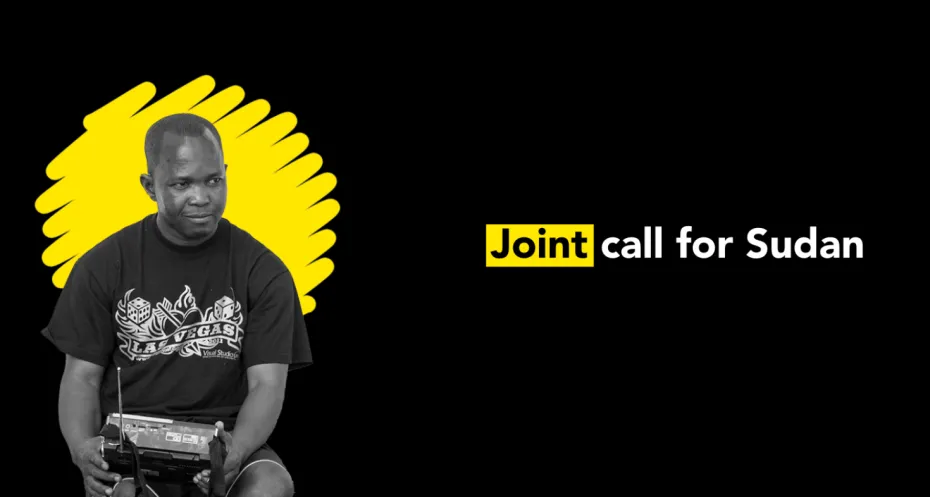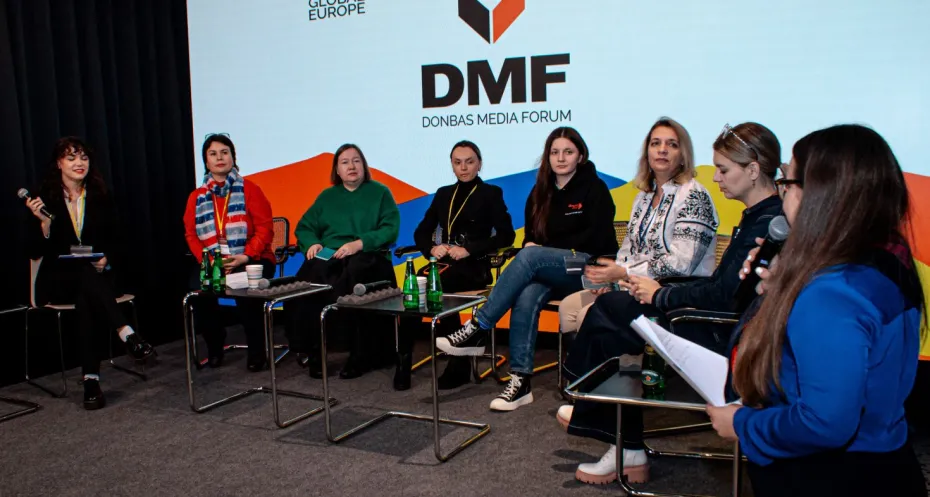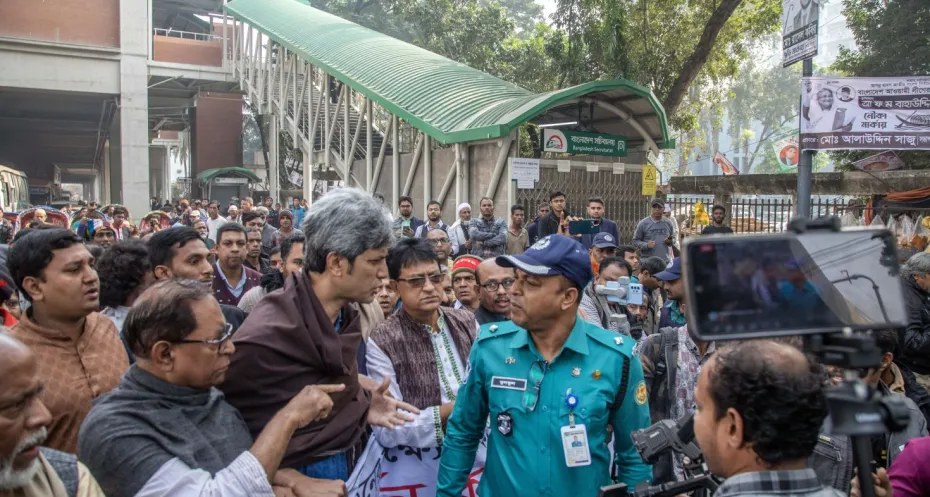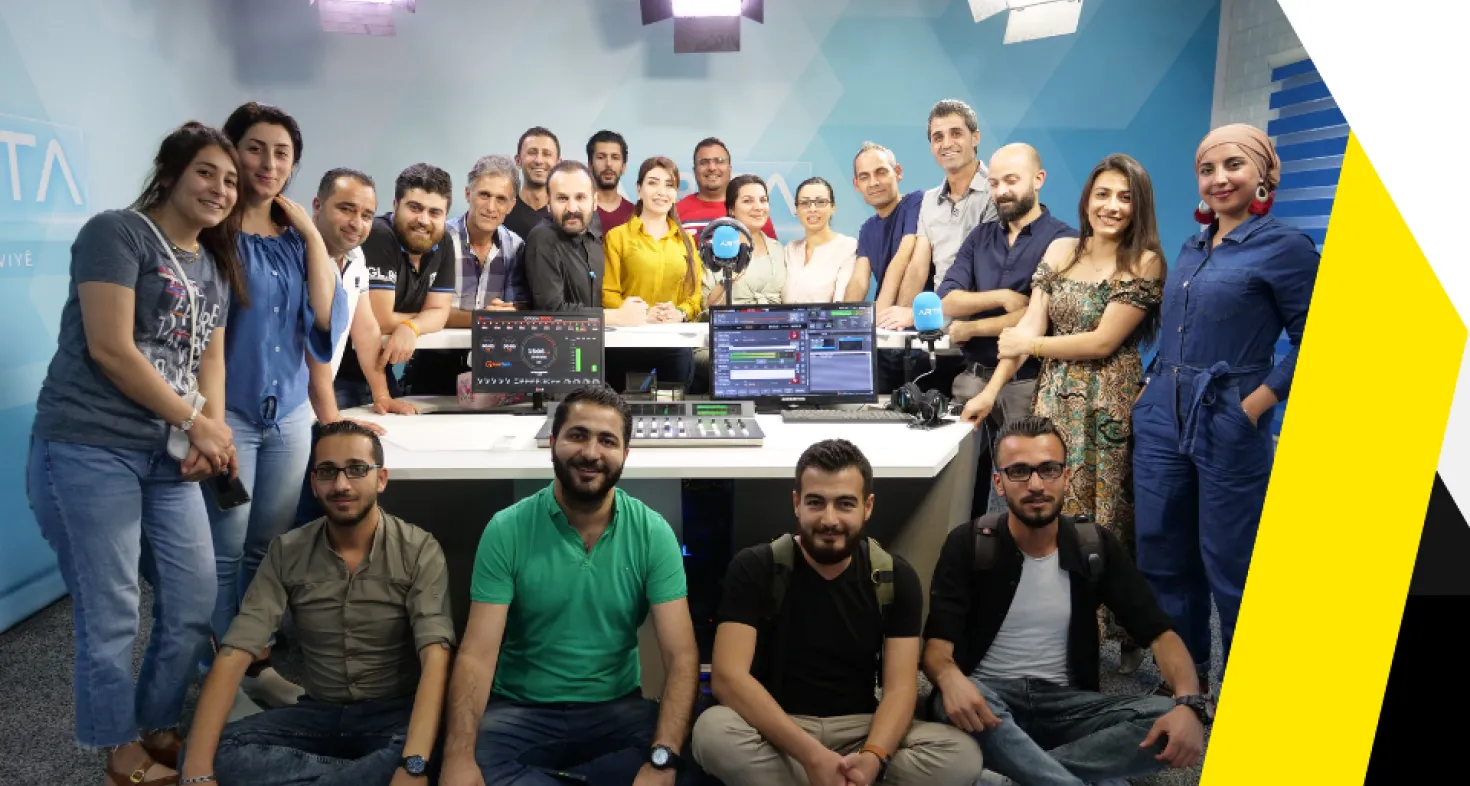
ARTA: 10 years of making radio in northeast Syria
After the start of the Syrian revolution in 2011, the way was cleared for independent media to work. Before this was made impossible by the regime. Our partner ARTA started around this time, focusing on making radio for the northeast of Syria. Since then, they have faced many challenges and difficulties. Nevertheless they are able to celebrate their 10th anniversary this year, an accomplishment in and of itself.
We speak with Shiar Youssef, Program Manager at ARTA. In the ten years of its existence, ARTA has grown out to be an organisation with 10 offices and studios in Northern Syria and Iraqi Kurdistan, as well as a head office in Germany. They now run three community radio stations. For ARTA, it has always been about a local identity.
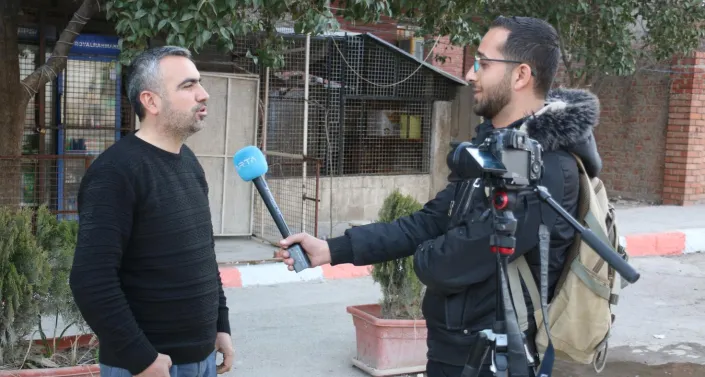
A local focus
Youssef: “We only work with local people and local teams. In each office we have reporters and producers from that city or region. We don't employ professionals from outside of the region.” The focus is on local radio. All three community radio stations are located in Northeastern Syria, but all with a different focus. Radio Al-Furatiya broadcasts in the Raqqa and Deir al-Zor regions and parts of the Hasaka countryside in east Syria. Zîn FM broadcasts in the cities of Derik and and Qamishli and their countrysides, on the Syrian-Turkish-Iraqi borders. It is run entirely by women, but targets the whole local community. Lastly, there is Radio ARTA, the radio station ARTA started with. It broadcasts across the Jazeera region in North-East Syria.
“There are about 200,000 to 300,000 Internally Displaced People (IDP’s) in Northeast Syria. We bring them essential information about humanitarian services.”
“We also do a lot of reporting about and from within the refugee camps, including the infamous Al-Hol camp. There are about 200,000 to 300,000 Internally Displaced People (IDP’s) in Northeast Syria. We bring them essential information about humanitarian services,” says Youssef. This also brings its challenges. For example, it is very difficult to enter the camps. “You need a security permit to enter, our correspondents always struggle to get one.” And in this case radio also proves its relevance, the people in the camps often do not have access to internet or TV, so radio is their only way to access information, news and entertainment.
Facing obstacles
Youssef shares more about the many challenges ARTA has faced and still faces. “There are always security threats because of the ongoing war. Turkey has invaded and occupied parts of North Syria twice. We had to evacuate our offices in Ayn Issa and Ras Al-Ayn in 2019 because the area was occupied by Turkey and Syrian militias.”
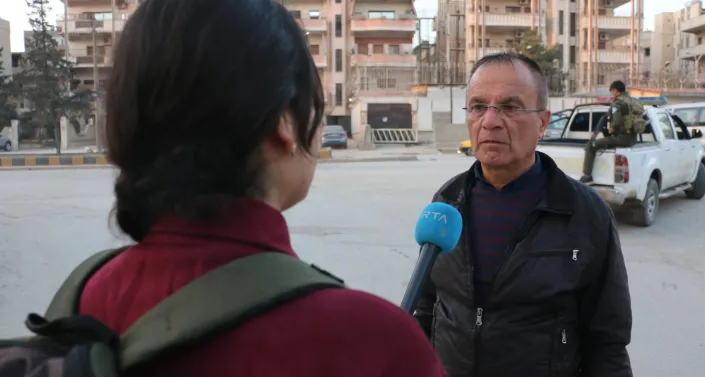
He continues: “The main challenge is the unstable situation which pushes people to migrate. There is a constant wave of migration. We train a lot of people to work for us, but then we lose them to migration or to international NGOs and regional media because they pay higher salaries than a small community radio station. Then there is the economic crisis. It's been more or less three years that the Syrian pound has crashed completely. People are struggling and will leave at any opportunity they find.”
Because of the war and migration and militarisation of society, there is a lack of professional media workers, in fact there are almost none. “So we are forced to continuously train people to keep up capacity. We accept it, but it is a constant drain of energy and time,” says Youssef. The fact that the borders with Iraqi Kurdistan are being closed every now and then does not help either. “It is the only door to the outside world. Closed borders affect training, supply of equipment and more.”
Inclusivity
At ARTA, they make it a priority to focus on the participation of youth and women. “It's important for coexistence and diversity that we work with, and report on different communities,” says Youssef. “And women and youth are now the dominant demographic because a lot of men have either joined armed groups or migrated abroad. So we have more women listeners than men. Therefore it's important that women's views and gender sensitivity are reflected in all our programs.”
"Now young people are producing a radio programme themselves, about issues that concern them."
He continues: “When it comes to youth we have started working with them actively in a project in which we invite young people from the region to come and talk with us. We ask them what they want to be discussed, and which platforms are important to them. And then we train them in journalism. This has really opened doors for us. Now those young people are producing a radio programme themselves, about issues that concern them. They produce serious content about public services, social and political issues from the youth perspective in the form of video and audio for social media.”
Besides this, ARTA also organises debates where they bring youth together with other stakeholders, like civil society organisations and officials from the Autonomous Administration, to talk to each other about youth issues and their perspectives. Youssef explains further: “They talk about why youth are excluded from the decision-making mechanisms, how they are mis- or underrepresented, what they want to see, what issues they want to hear about. They have been really fruitful debates and we learned a lot from them.”
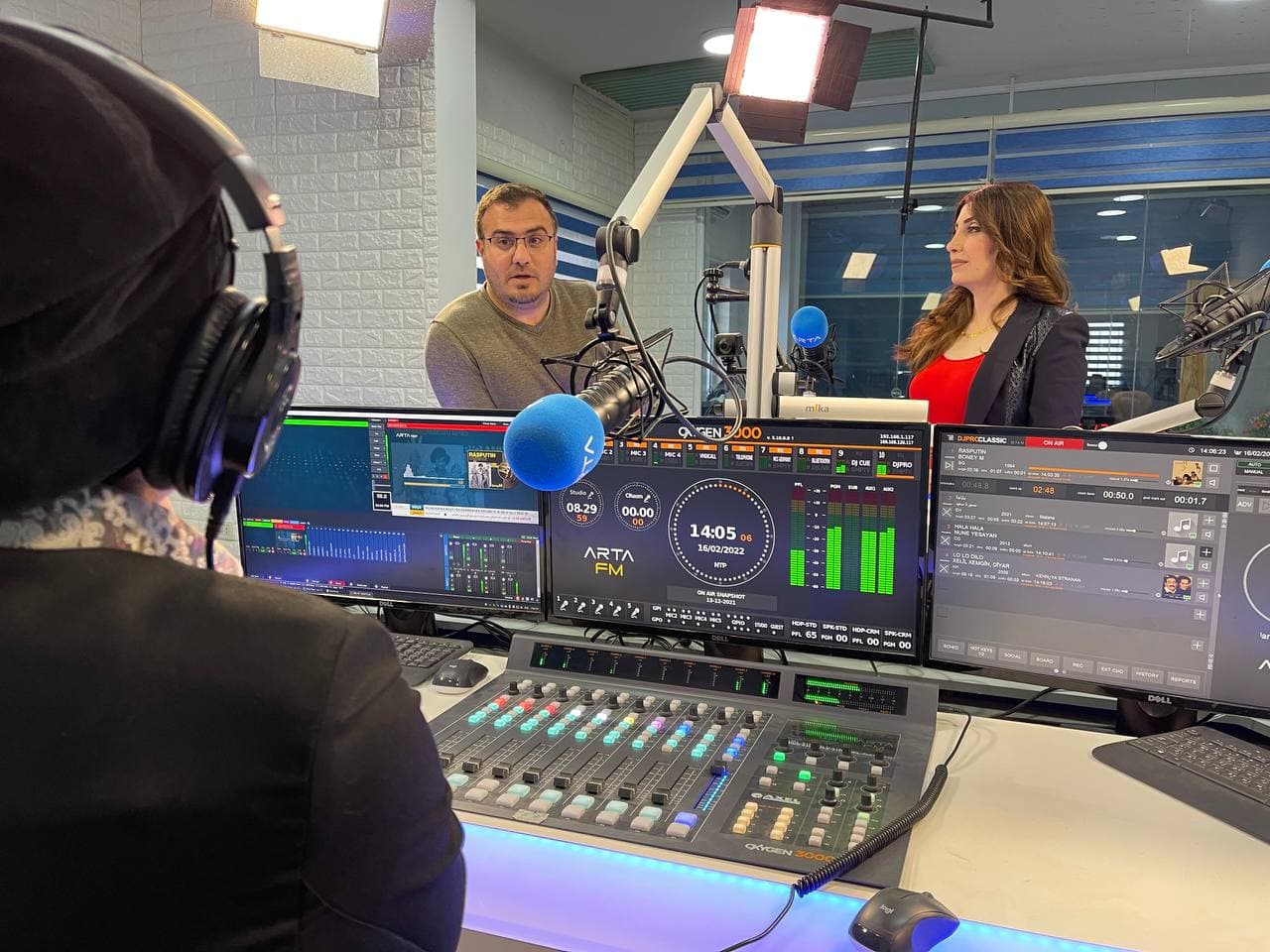
Multilangual
Radio Arta is the first and only Syrian radio station broadcasting in four languages: Kurdish, Arabic, Syriac and Armenian – the local languages spoken in north Syria. This makes it more inclusive and more accessible to the local people. “This is really important for our identity, that our content reflects the region. It's a very diverse and mixed region and we want the radio to be like that as well. Besides this, it's also important for us to preserve these languages and cultures. And it is not just the news, even our entertainment content is in different languages and from different backgrounds,” says Youssef.
Biggest achievement
“I think the biggest achievement is that, after ten years, we're still active on the ground and practicing journalism. Because a lot of Syrian projects have ended. We are still there, despite many setbacks.” Youssef goes on to list a few of them. “Radio ARTA was set on fire in 2016 by anonymous men. We've lost a lot of people. There's been two Turkish invasions of north Syria. Then there was ISIS and terrorist attacks. We survived all that and we're still going. Not only that, we actually covered those events reasonably well and gave people reliable information.”
Always thinking ahead
For ARTA, it is important to keep thinking ahead, and constantly be aware of the risks that come with working in such a challenging environment. How can ARTA keep doing its important work even when encountering difficulties?
Youssef says: “Our dream is to stay on the ground among the people in northeast Syria and serve our communities. But we also have to think about plan B and plan C, to have a backup when things go wrong. That's why we have the office in Iraqi Kurdistan and the office in Germany, in case we lose transmitters or offices inside northeast Syria.”
The reality is that it is always a possibility that the regime will come back, or that Syria will fall under another occupation. Youssef: “This can be Turkey, or Iran, or Russia, you never know. We need to constantly keep training new staff, and keep up with technology. But most of all, we need to not forget that we are first and foremost a community radio station. Whatever technology or platform we use, our core will always remain making radio and bringing information to the local community.”
